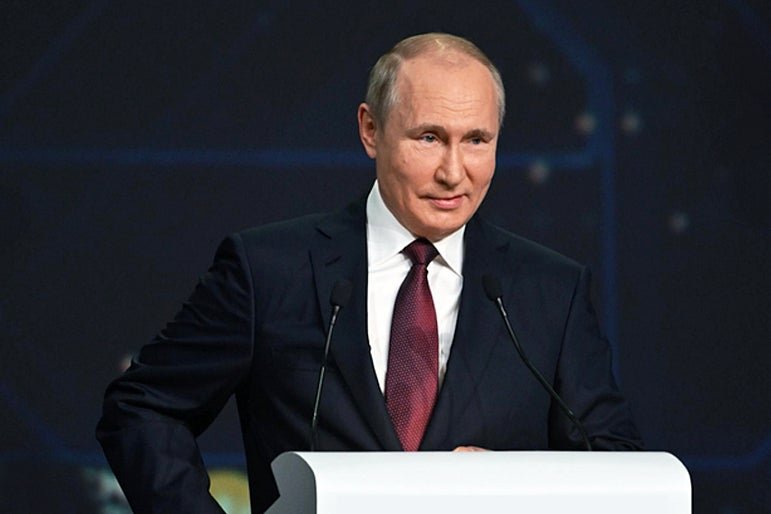The European Union (EU) is facing challenges to its reputation as a global environmental leader due to recent policy reversals in response to farmer protests. The EU’s executive arm, the European Commission, has decided to revise its climate policies, including halving pesticide use and excluding the agricultural sector from strict greenhouse gas emissions reduction targets.
These changes come as a result of widespread farmer protests across the continent. The protests have been fueled by various factors, such as rising costs, increased debt, competition from cheaper markets, and falling sale prices. Farmers argue that the environmental regulations imposed by the EU are negatively impacting their livelihoods.
Janusz Wojciechowski, the EU’s Agriculture Commissioner, has defended the U-turns by stating that farmers should not be forced to reduce pesticide use. Instead, he suggests providing more financial subsidies to incentivize the agricultural sector to adopt greener practices.
Despite these policy shifts, the EU remains committed to its ambitious climate targets, including becoming carbon neutral by 2050 and reducing greenhouse gas emissions by at least 55% by 2030.
The farmer protests have become a prominent issue in the lead-up to the EU parliamentary elections in June. Experts predict that the farmers’ concerns will dominate the electoral competition, making it a pan-European issue that various parties will compete over.
The EU’s recent policy reversals reflect a larger global conversation around climate change and its impact on industries. Earlier this year, farmers from across the EU protested in Brussels, pelting the European Parliament with eggs and stones to draw attention to their plight amid rising costs and taxes. These demonstrations highlight the growing frustration within the agricultural sector and the need for policymakers to address their concerns.
Furthermore, these protests are part of a broader societal shift, with various groups demanding action on climate change. Climate activists in Paris, for example, threw soup cans at the Mona Lisa painting to demand improved access to nutritious food and fair earnings for farmers. These protests underscore the growing pressure on governments and organizations to prioritize environmental sustainability while also considering the impact on local industries.
The EU now faces the challenge of finding a balance between its environmental goals and the concerns of the agricultural sector. It will be crucial for policymakers to address the grievances of farmers while also working towards achieving the EU’s ambitious climate targets. Only through dialogue and collaboration can the EU maintain its reputation as a global environmental leader.





